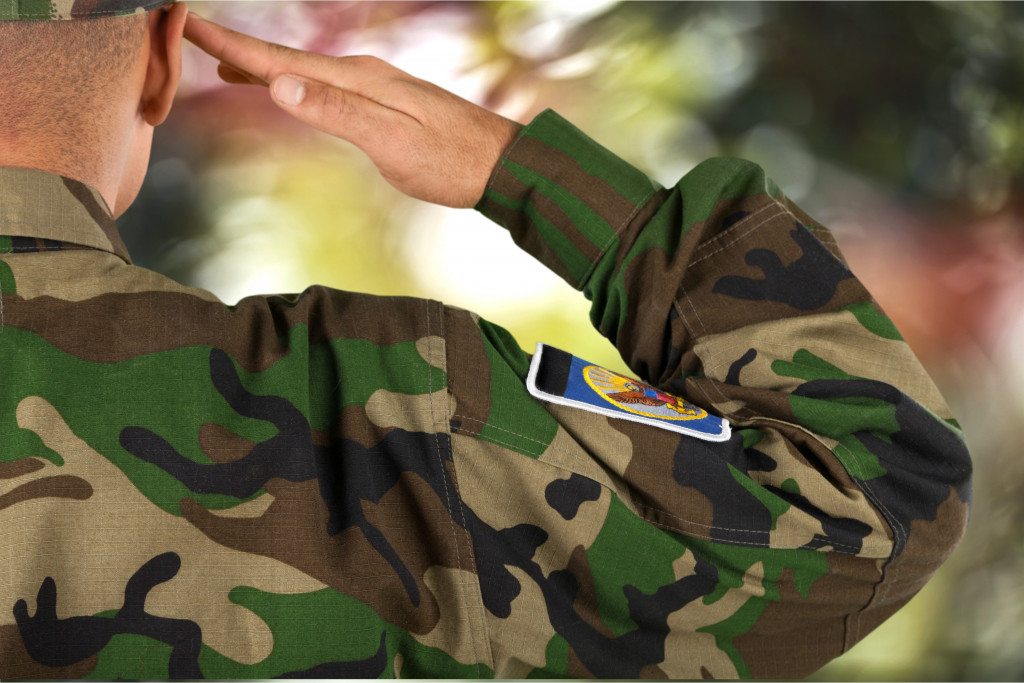Many people choose to volunteer for active-duty military service for several reasons: to show their love for their country, to act on their sense of duty, to maintain a family tradition, to gain steady employment and income, or because they had no other option. That’s why there are over a million military personnel in the armed forces to date.
There have been lots of speculations about why those who sign up for the military do so because they have nowhere else to go. And while that has some truth to it, some nuances should be considered. For instance, the US is currently facing a student loan crisis, and that’s where those who serve in the army have the upper hand.
This is because service members are entitled to educational benefits during or after they serve in the military. It can include financial aid, college funds, and full-ride scholarships to state colleges according to the Post-9/11 GI Bill. Those who qualify and become eligible for these benefits will have a surefire path to success.
But just because people have managed to serve in the army doesn’t mean they have their entire careers ahead of them until they retire. This is especially true for service members who get injured during duty, in which case they can receive an honorable discharge or given medical retirement because they can no longer serve.
After actively serving the country and being discharged because of a debilitating injury, most veterans may feel at a loss. This is why there’s a growing number of suicides among veterans because they aren’t receiving the help they need to cope with their new situations. So, here’s how you can show your support to veterans:
Patronize Service-disabled Veteran-owned Small Businesses (SDVOSB)
Arguably, one of the best ways for veterans to cope with their new circumstances is by redirecting their focus to something else. That’s why it’s unsurprising for veterans to pursue a path of entrepreneurship after serving in the military, which can also be their way of giving back to the community.
Veterans who want to try their hand in business can seek help from the federal government, which can merit them access to federal contract awards and surplus personal property. If they qualify for the program, they can be certified as a Service-Disabled Veteran-Owned Small Business (SDVOSB).
As a Disabled Veteran Business Enterprise (DVBE), veteran business owners can easily apply to get the funding they need to run their entrepreneurial venture. This is where you can do your part as a civilian because you can choose to patronize the businesses under SDVOSB and DVBE to show your support.
For instance, you can partner with a DVBE IT consulting firm that can provide you with a team of experts in the field of information technology. With their help, you can collaborate and devise an innovative solution that will not only benefit your company, but also their veteran-owned small business.
Help Address Veteran Homelessness

Plenty of programs addressing the growing problem of veteran homelessness have already been implemented across the United States. These include the National Coalition for Homeless Veterans, the US Department of Veteran Affairs, as well as the US Department of Housing and Urban Development, to name a few.
However, despite these numerous efforts, there are still so many veterans living on the streets because their physical and mental capacities are hindering them from getting a job. Homelessness can also be associated with their tendency to seek comfort in substance abuse as a way of coping with their post-traumatic stress.
If you truly want to help the country address this problem, you can do so by volunteering in the many initiatives taking place to solve veteran homelessness. You can work with a community of like-minded individuals who also want to do their part in showing gratitude for the service of these national heroes.
No veteran should have to fend for themselves on the streets after suffering a debilitating injury or mental health condition during their duty. But because they aren’t receiving the kind of help that they need to cope with their situation, they are left with no choice.
As a capable civilian with enough resources to extend a helping hand, you can choose to show your support for the communities of people who served the country. You might not have acted on your sense of duty first-hand, but you can help those who did serve the country to get back on their feet after everything they have experienced during their deployment.